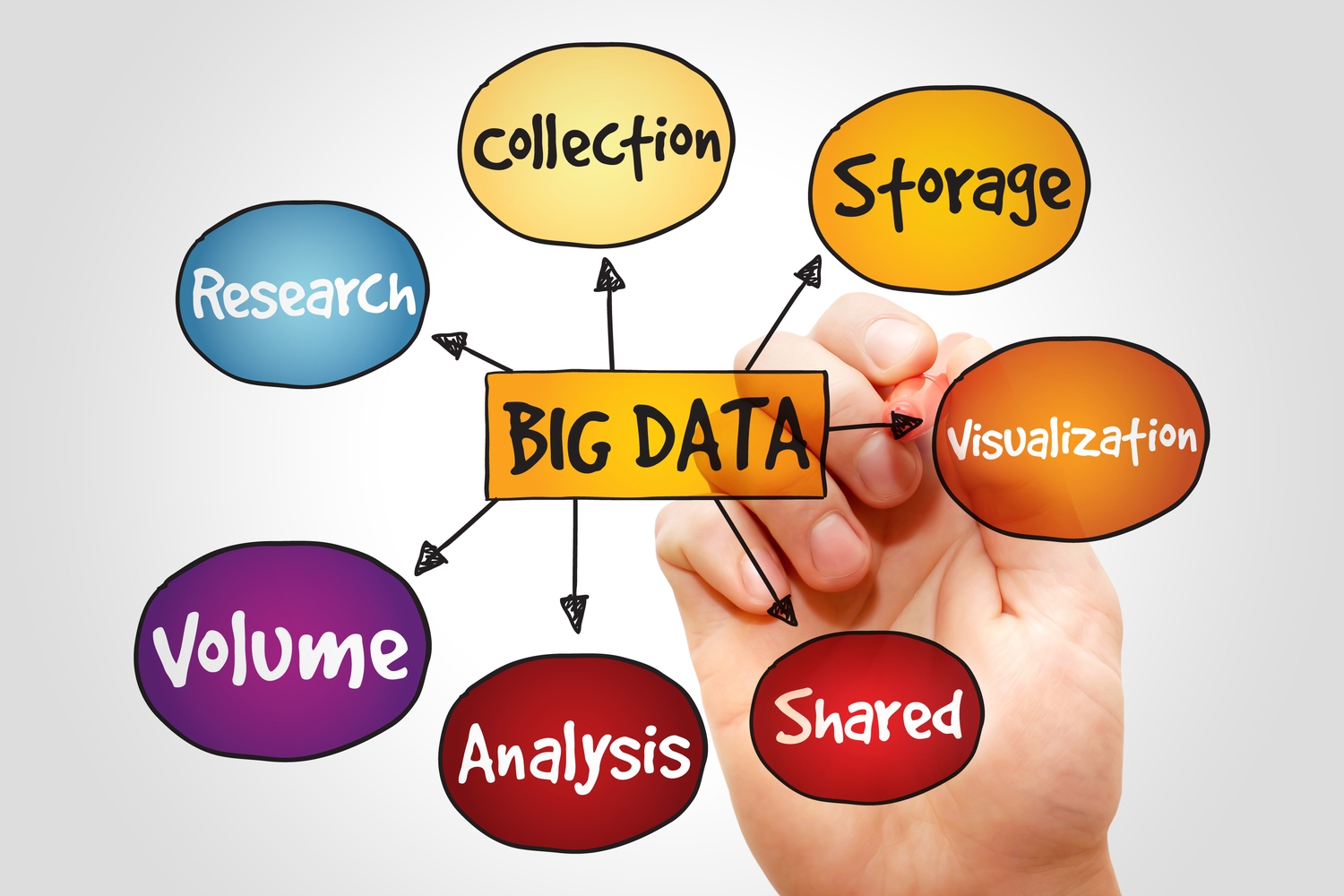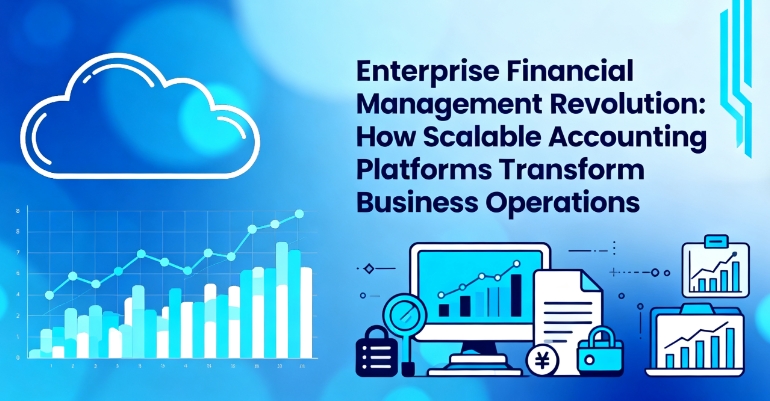Top 6 iPaaS Solutions Recognized in Gartner’s Application Integration Chart
Discover the top six iPaaS platforms recognized by Gartner for their integration capabilities. These solutions help businesses streamline operations, automate workflows, and enhance connectivity across diverse systems. From Workato’s user-friendly automation to SAP’s scalable enterprise integration, this overview provides essential insights into leading iPaaS options. Ideal for large organizations seeking efficient, scalable, and secure integration platforms, these tools support various applications and data management needs, boosting overall productivity and agility.

Leading 6 iPaaS Platforms Featured in Gartner’s Application Integration Quadrant
In a competitive and rapidly evolving market, businesses need streamlined processes to grow and succeed. Achieving maximum efficiency can be challenging with disparate systems, which is where Integration Platform as a Service (iPaaS) plays a vital role.
Primarily utilized by large organizations, iPaaS offers a unified platform to connect and automate various applications. It integrates multiple environments into a centralized system, featuring automated tools that enhance business operations. Gartner, a leading IT consultancy, evaluates and ranks these iPaaS solutions regularly.
Here are the top-rated iPaaS tools as analyzed by Gartner's Application Integration Quadrant.
Workato
Recognized as a top contender, Workato automates workflows by integrating IT and business systems seamlessly. Its user-friendly interface requires no coding background and leverages machine learning to accelerate implementation, enabling automation to be up to ten times faster.Features include API testing and supervision, orchestration, data transformation, and audit trails. Users can generate documents with customizable templates and access a Process Repository of reusable workflows for future projects.
Celigo
This platform is praised for its versatility across organizations of all sizes. Celigo simplifies operations with automation features for pricing and cloud application integration. Its pre-built connectors support platforms like Shopify, Salesforce, Zendesk, and NetSuite, expanding business capabilities.Additional tools include Flow Designer for crafting customized workflows, data mapping and transformation, encryption, and a web-based API designer for testing. Its multi-tenant architecture ensures secure resource sharing, making it highly rated in Gartner’s review.
SAP
As one of the earliest to adopt application integration, SAP’s integration suite supports quick, scalable enterprise innovation. It facilitates connectivity across applications, data, and devices, unifying user experiences. The suite includes development tools for testing and supports multiple programming languages, ensuring seamless backend and frontend integration.Boomi
Boomi excels at building both cloud and on-premises integrations. It supports cloud-to-cloud, SaaS-to-SaaS, B2B, and on-premises connections, with real-time capabilities to handle high-volume transactions, platform extension, and data management.Features also include access controls, activity dashboards, and data masking—helping monitor and control integrations effectively.
Informatica
Specializing in data synchronization, Informatica’s Intelligent Cloud Services streamline data integration and B2B onboarding through pre-built connectors. It supports real-time and batch processes, providing robust monitoring and data security features, ideal for scalable data management needs.Azure Logic Apps
From Microsoft, Azure Logic Apps enables scalable automation of workflows. Its visual designer simplifies process creation, while system monitoring tools track health and resources. Data is efficiently routed between applications and web services, with strong security protocols like SOC 2, HIPAA, and ISO 27001 ensuring data safety.Note:
Our blog offers insights across various tech topics, relying on thorough research and data analysis. However, information accuracy may vary, and readers should consult multiple sources before making decisions. The site does not endorse specific products or schemes beyond its content.









